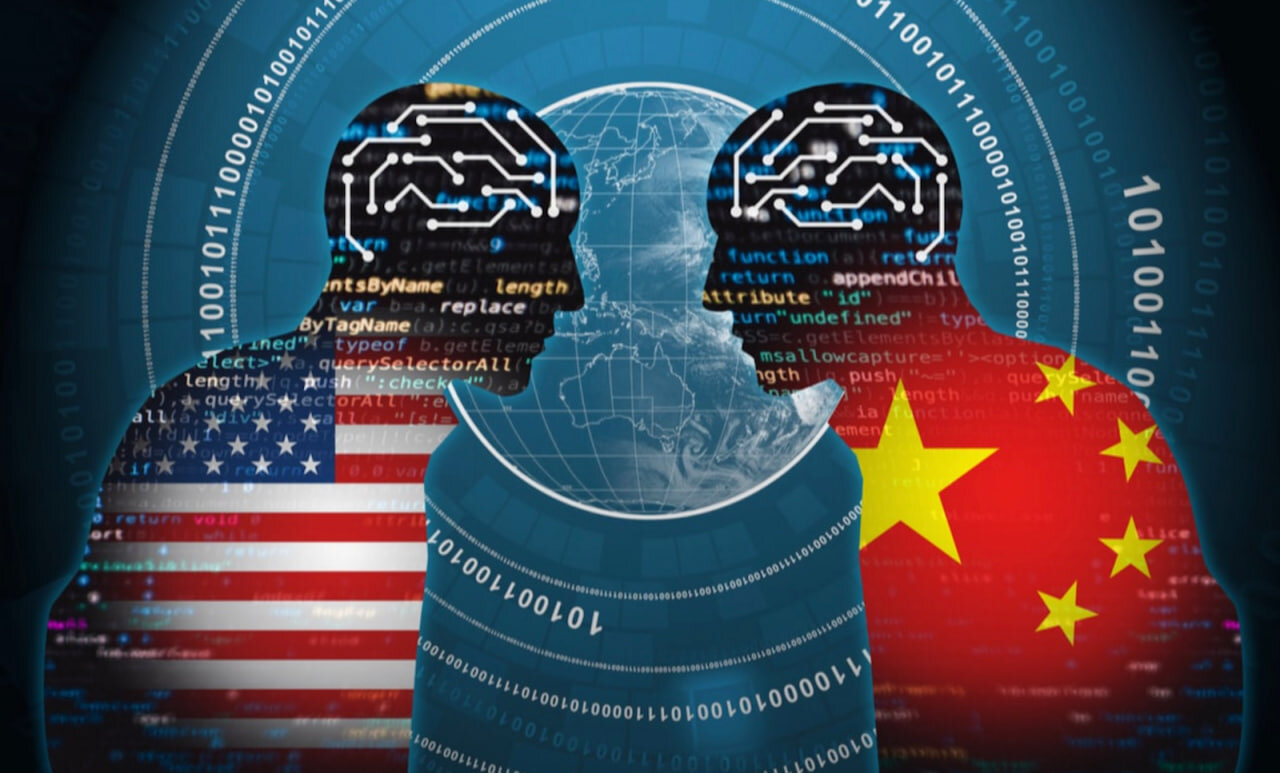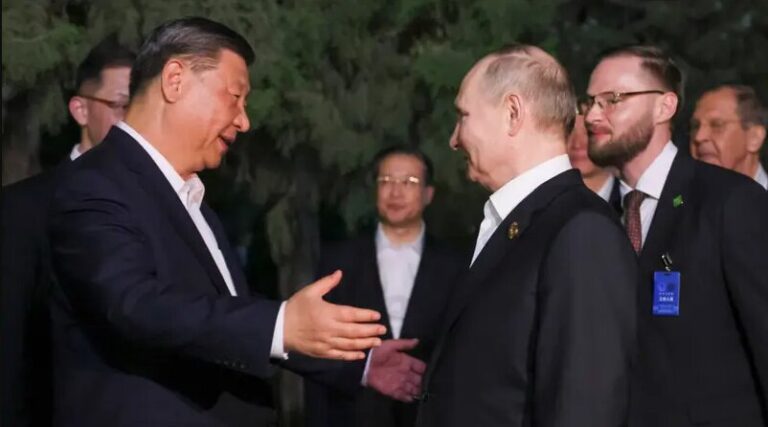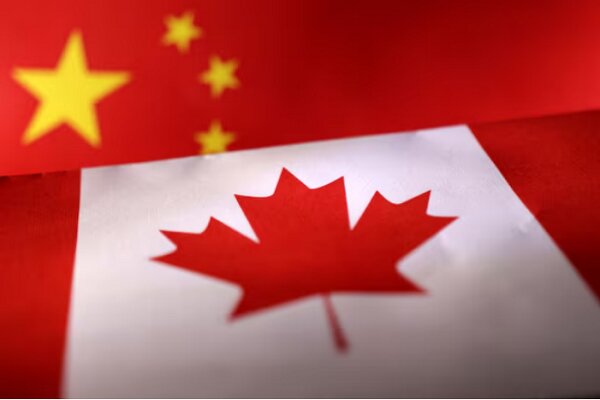Unveiling the Truth: The Collapse of the American Power Myth
In recent years, numerous myths surrounding America’s power have been challenged and, in many instances, debunked. This shift encompasses various aspects including the United States’ economic, technological, and political strengths, as well as its role as a security provider. As we delve into these myths, it becomes increasingly clear that the narrative of American supremacy is evolving, prompting discussions about the country’s decline on the global stage.
1. The Shattering of American Economic Power
The United States once held the title of the world’s foremost economy, boasting a GDP that significantly outpaced that of Japan and China. In 2001, the GDP figures were as follows:
- U.S.: $10.58 trillion
- Japan: $4.37 trillion
- China: $1.34 trillion
At that time, the U.S. economy was 2.4 times larger than Japan’s and 7.9 times larger than China’s. However, the economic landscape has undergone a dramatic transformation over the past two decades.
As of 2024, the U.S. GDP stands at approximately $29.2 trillion, accounting for about 30% of the global economy. In comparison, China’s GDP has reached $18.5 trillion, representing 63% of the U.S. figure. Although the U.S. is projected to remain the largest economy for years to come, it is China that has fueled a considerable portion of global economic growth, contributing around 30% compared to America’s 12-15%.
China has maintained its position as the largest trader in the world for the past eight years, establishing itself as a key trade partner for numerous countries. The U.S., alongside its European counterparts, previously dominated the export of high-value and high-tech goods. However, nations like China have increasingly captured significant market shares in advanced technology sectors, such as telecommunications, solar energy, and electric vehicles.
The decision by former President Trump to implement reciprocal tariffs may further isolate America in an increasingly globalized world. Many experts believe this approach will not revive U.S. industries but instead hasten the decline of its economic influence, which is expected to diminish over time.
2. The Decline of Technological Supremacy
Historically, the U.S. has been viewed as the epicenter of technological innovation, leading advancements in various fields including telecommunications, energy, and military technology. However, this dominance has waned in recent years.
China’s Huawei initiated research into fifth-generation (5G) technology in 2009 and has since emerged as a leader in this sector. The U.S. has found itself unable to monopolize advancements in critical areas such as communication, solar energy, and electric vehicles.
Initially, the U.S. believed that control over advanced chip technology would ensure its superiority in artificial intelligence (AI). However, the emergence of companies like DeepSeek in early 2025 demonstrated that China had already surpassed the U.S. in certain AI sectors, even without access to advanced chips. While the U.S. may still possess some advantages in innovation, its monopoly has been effectively dismantled, indicating that the world can thrive without U.S. technologies.
3. The Erosion of Political Power
The idea of Western political liberalism as the pinnacle of ideological evolution, championed by thinkers like Francis Fukuyama, has faced significant challenges. For years, this model was widely accepted globally, but historical events have shown that attempts to replicate it often fail.
The past decade has highlighted considerable political turmoil within the U.S., as the principles of liberal democracy have devolved into factional interests rather than the effective governance they were meant to promote. This has resulted in governmental stagnation, characterized by political infighting and frequent shutdowns.
The U.S. elections, once symbols of Western democratic ideals, have also been marred by violence and political extremism. The events surrounding the 2020 election and the subsequent Capitol riots starkly contrast the principles of liberty and democratic governance. Furthermore, the influence of lobbyists has raised concerns about the integrity of the electoral process.
Long viewed as a champion of humanitarian intervention, the U.S. has faced scrutiny for its inconsistent foreign policy, particularly regarding the Palestine issue. The U.S. support for Israel has led to accusations of hypocrisy, undermining its credibility as a protector of human rights.
4. The Illusion of Security Protection
Many countries have historically relied on the U.S. for security, particularly in the Persian Gulf region, bolstered by military interventions in the early 1990s. However, recent events have exposed the U.S.’s inability to fulfill its security commitments, particularly during the crises in Palestine and Ukraine.
In Ukraine, strong signals of U.S. support under President Biden initially emboldened the country, but the subsequent withdrawal of security assurances under Trump’s presidency left Ukraine vulnerable and confused about its future.
The lessons learned from these situations are profound. The U.S. is actively dismantling the myth of its security protection, even as some nations in the Asia-Pacific region continue to harbor illusions of American support.
In conclusion, while the U.S. once represented a formidable global power, the myths surrounding its strength are increasingly being challenged. As these narratives unravel, it becomes evident that the United States is facing a significant decline in various domains. The ongoing transformation of America’s role in the world raises crucial questions about its future and influence on the global stage.
By Dr. Jin Liangxiang, Senior Fellow of Shanghai Institutes for International Studies






